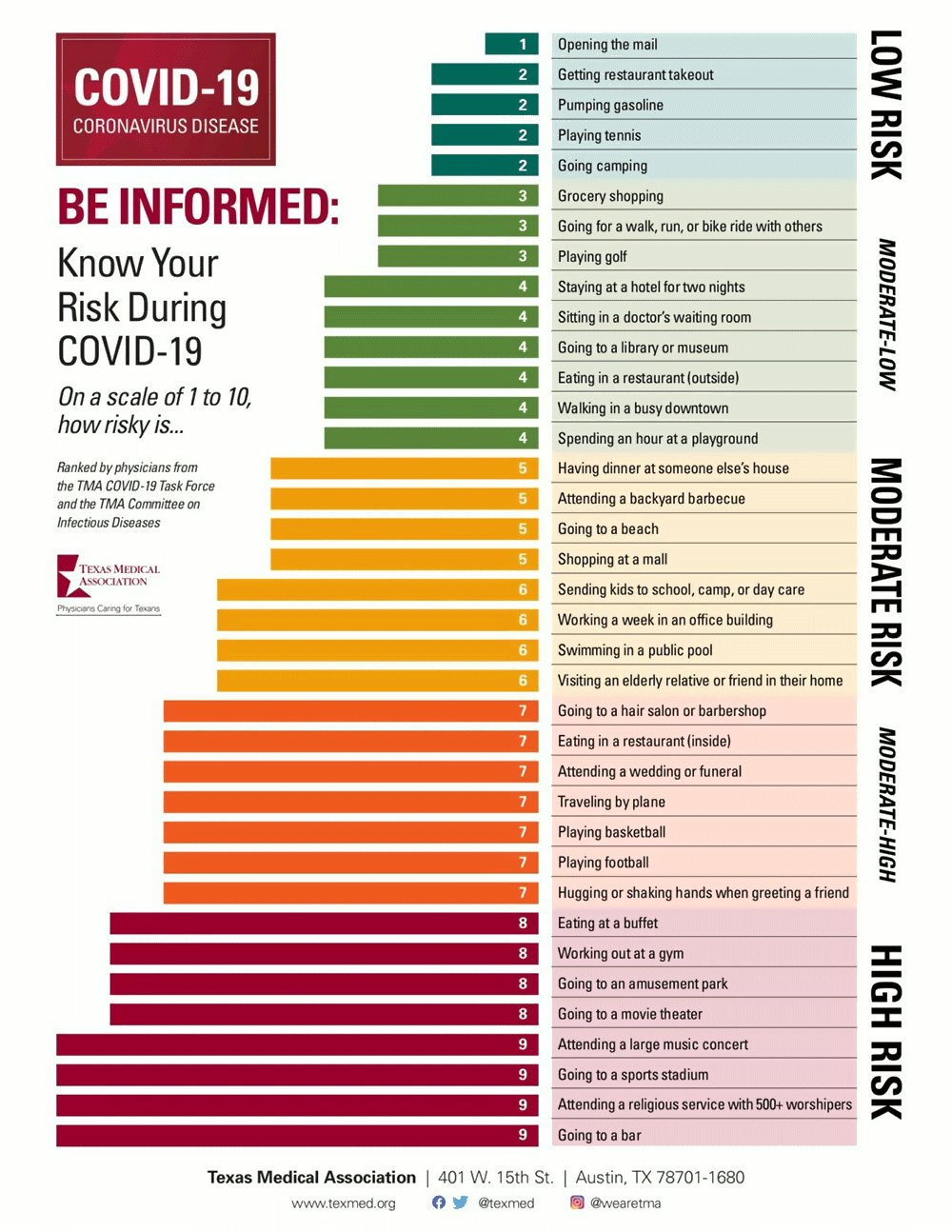A study, which was conducted before the COVID-19 coronavirus pandemic, proved that surgical masks can help with preventing seasonal viruses, including coronaviruses, being transmitted from infected individuals. Making use of a breath-capturing device called the “Gesundheit II machine”, researchers revealed that the amounts of various airborne viruses coming from infected individuals were significantly reduced using surgical masks.[1]
The study suggests that masks can help restrict how much diseases such as influenza, rhinoviruses and coronaviruses can be spread by infected individuals, who in the case of the COVID-19 coronavirus can quite often not have symptoms. And although the study did not address the question of whether surgical masks protect from infection, the researchers say that the chance they might help justifies considering whether all individuals should be wearing them when venturing out to any populated locations during the COVID-19 outbreak.
Prior research has revealed that coronavirus as well as other respiratory infections are primarily spread during close contact, meaning that the disease can only be spread through contact and large droplets, like from a sneeze or a cough. But the researchers explain that this is only a hypothesis, and the current study reveals that tiny, aerosolized droplets can actually diffuse through the air. This means that contracting the COVID-19 coronavirus is possible just by inhaling when in the proximity of an infected person, regardless of whether they have symptoms or not. Much of the exhaled aerosolized virus can however be caught by a surgical or N95 mask.
246 individuals having suspected respiratory viral infections were recruited for the study. The Gesundheit machine was used to compare how much virus the participants exhaled with a surgical mask and also without a mask. Detectable virus in aerosols and respiratory droplets were reduced with masks in participants who had seasonal coronaviruses. Respiratory droplets were reduced with masks in participants who had influenza virus. The emission of rhinoviruses were not reduced with masks.
Even though the study was carried out prior to the current coronavirus pandemic, COVID-19 and are closely related to seasonal coronaviruses and they could be of similar particle size. The capability of surgical masks for reducing seasonal coronavirus in aerosols and respiratory droplets suggests that they can help to slow the spread of the COVID-19 coronavirus.

Image Source – texmed